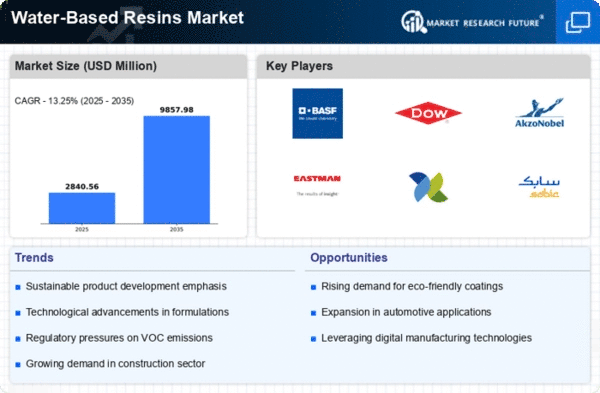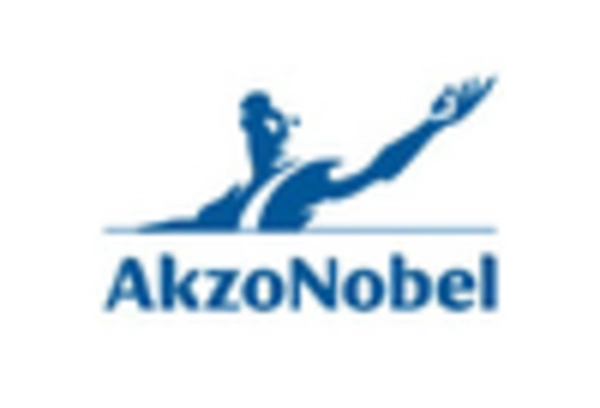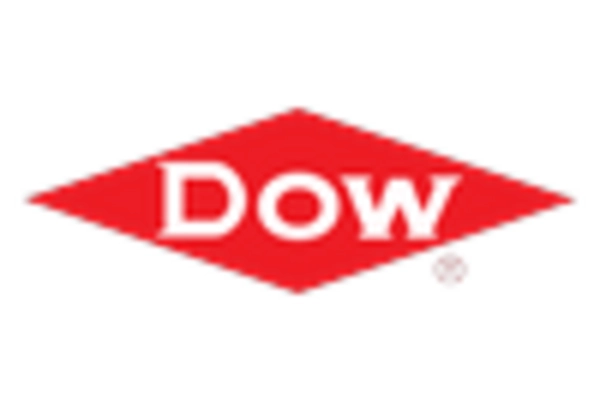Market Trends
Key Emerging Trends in the Water-Based Resins Market
The water-based resins market has been experiencing significant growth over recent years due to several key trends driving demand and innovation. One prominent trend is the increasing emphasis on sustainability and environmental consciousness. As concerns about climate change and environmental impact grow, industries are shifting away from solvent-based resins towards water-based alternatives. These resins have lower VOC (Volatile Organic Compound) emissions, reducing environmental pollution and health risks, aligning with stricter regulations and consumer preferences for eco-friendly products.
Additionally, technological advancements have played a crucial role in the expansion of the water-based resins market. Manufacturers are continually investing in research and development to improve the performance and versatility of water-based resins, making them more competitive with solvent-based counterparts. These innovations have led to enhanced properties such as better adhesion, durability, and flexibility, widening the application scope across various industries.
The construction sector has emerged as a significant driver for the water-based resins market. With the increasing focus on sustainable building materials, water-based resins are being extensively used in architectural coatings, adhesives, and sealants for their low environmental impact and high-performance attributes. Moreover, the automotive industry is witnessing a surge in the utilization of water-based resins in coatings and paints due to their ability to meet stringent regulatory requirements while offering superior finish and durability.
Global economic factors have also contributed to the market trends of water-based resins. The recovery from the COVID-19 pandemic has spurred construction activities and industrial production, resulting in a heightened demand for coatings, adhesives, and sealants containing water-based resins. The market is experiencing robust growth in regions like Asia-Pacific, driven by rapid urbanization, infrastructure development, and increased manufacturing activities.
Furthermore, consumer preferences and lifestyle changes have influenced the market dynamics of water-based resins. The shift towards sustainable and healthier products has led to higher adoption of water-based coatings in furniture, packaging, and consumer goods. This trend is expected to continue as consumers become more conscious of the environmental impact of products they use, driving manufacturers to incorporate water-based resins into their offerings.
However, despite the positive outlook, challenges persist in the widespread adoption of water-based resins. One such challenge is the higher initial cost compared to solvent-based alternatives. Manufacturers need to invest in new technologies and equipment to switch to water-based formulations, which can pose a barrier for some companies. Moreover, achieving comparable performance levels in certain applications remains a challenge, although ongoing research aims to address these limitations.



















Leave a Comment